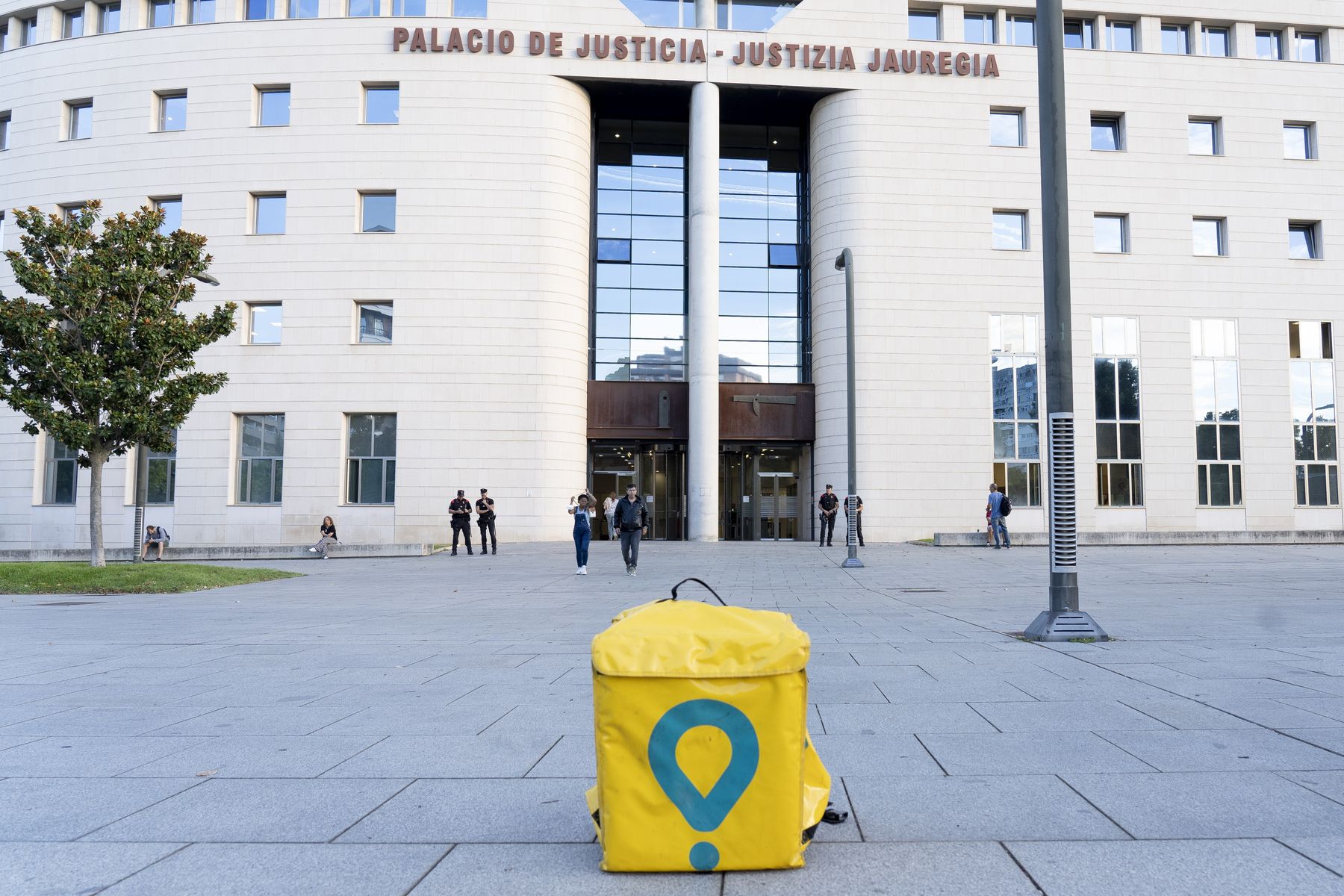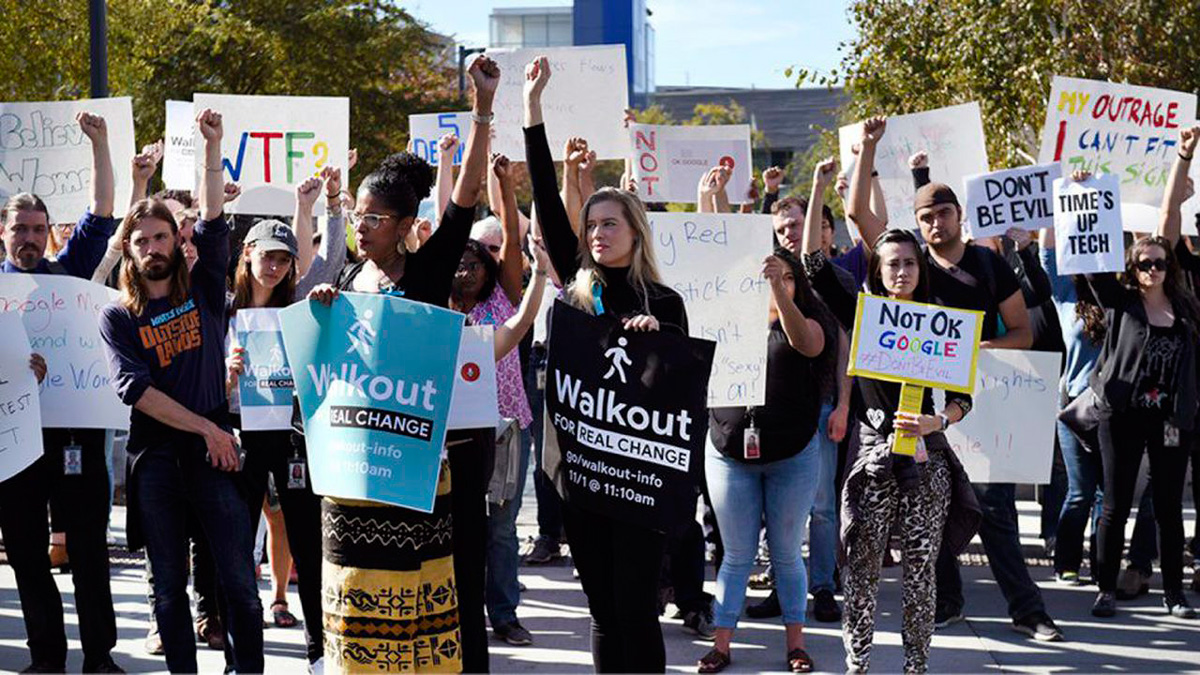Glovo creates the bosses of false self-employed, leaving the CEOE
- The multinational Glovo has left the Spanish Confederation of Business Associations. In addition, it will set up a group to defend its interests together with the heads of other companies investigated for the recruitment of workers as false self-employed.

Glovo announced a few weeks ago his decision to cease membership of the Spanish Confederation of Business Organizations (CEOE), headed by Biscayan Antonio Garamendi. At the heart of the reason is the fact that the CEOE has agreed the 'Rider Law' with the Spanish Government and that in that process it has 'turned its back' to Glovo at the social dialogue table on the future regulation of work on digital platforms.
The so-called 'Rider Law' has not yet been approved by the Council of Ministers, but it has behind it the agreement signed on 10 March between the Ministry of Labour and the Social Economy, the CCOO and UGT unions and the employers' organisations CEOE and Cepyme. This agreement sets out the will to prevent the fraudulent use of the self-employed, on the basis of the judgment of the Supreme Court in this regard. The Court considered the issuers of such companies to be false self-employed.
Glovo is also creating a new business group representing the distribution companies’ employers, the Service Platforms Association. Eldiario.es reports that other companies that use their employees as self-employed to offer distribution services, including Deliveroo, Stuart and Uber Eats, are also involved in research into the use of false self-employed.
PHC (in Spanish) aims to "aggregate and represent the specific interests" of all technological platforms that offer on-demand services, beyond delivery, to "work together in the debate on the future of work" through them.
Telelana lan-antolaketa berri bihurturik da langile askorentzat. Koronabirusak hala beharturik, azken urteetan helburu zutena egunetik biharamunera errealitate bihurtu zaie numerikoaren sektoreko oligarkei. Jendea etxetik dabil lanean, internet bidez. AEBetako Silicon Valleyn... [+]




















